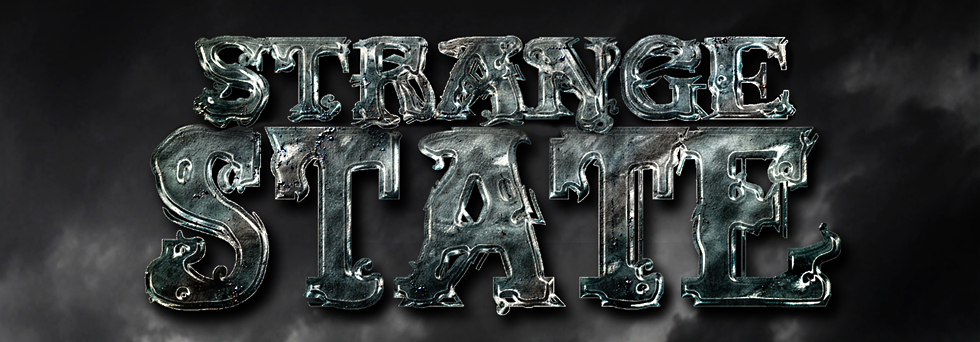It is very important to learn as much as possible about the history of a location as it is to gather data of a scientific nature. It will be necessary to verify legends, rumors, and commonly held "truths" about a location and the reasons for a possible haunting. Remember, despite common mythology, not everything is on the Internet - some old school research is required to do top quality work.
Keep a notebook for your research trips, record where you found the information (name of the library and location) and the general bibliographic information (author, title, publisher, date, and call number - in case you need to re-check it). The notebook can be a simple spiral bound school notebook or a laptop.
Libraries will generally have information related to local history (old newspapers, local history books, etc.). Some libraries now offer, with a library card, access to genealogical databases to search census records, deeds, newspapers (to a limit). This link lists all Oklahoma Public Libraries. Library cards are usually free in the location to area residents since they are funded by tax dollars (property or other tax bases). Visitors from out of town or state may need to pay to access local databases, but use of other materials is usually free to visitors. Special collections (archives) may have limitations as to use or access. In Oklahoma, students and staff of universities can apply (via their school library) for the OKShareCard. This is honored by member libraries at other institutions. It allows limited checkout of books - but often does not allow access to databases.
Courthouses & City or County Clerks offices can provide information related to ownership of land, previous occupations of an area, and other pertinent information. The link lists state courthouses and their addresses.
Local museums can also sometimes provide some information about local legends or history. The lists all museums in Oklahoma. Some are staffed by volunteers and be prepared to leave bags or cases with an attendant, sign papers to use, etc. They may not be sympathetic with a paranormal investigation, but then sometimes the people staffing these places aren't sympathetic to any researcher! So be polite, friendly, and have a plan as to what you want to find out. You might discover they want to help.
ONLINE RESOURCES:
Census records (Free - not complete but a help) ; http://www.censusfinder.com/ ;
http://www.census-online.com/links/ ; a subscription service Ancestry.com allows access to census films and many other local history resources online ($100 to $300 a year) but many larger libraries offer access to this in their libraries via their computers and with a library card.
County Clerk Public Records-OK
http://okcountyrecords.com/index.php
Good General Introduction to using Court House Records
http://www.arkansasresearch.com/g-court.html
Census Bureau Flyer on Availability of Census Records for an Individual / US Privacy Act,etc.
http://www.census.gov/prod/2/gen/cff/cff-9702.pdf
Historic Newspapers - Again many libraries offer access via a library card so check out your local options.
If not online, there is no doubt a state library that has microfilm copies for select cities or locations. It can be time consuming, your eyes can get bleery but it can also pay off big time.
Remember:
Expect misspelled names, hard to read writing, and changes in street names and housing developments.
Expect history books to cover only the well-known, wealthy, or notorious people or events of any community.
Think of alternative ways of learning information. If a book on the town makes no mention of the haunted house....look at biographies of local people....or family genealogies, etc. Somebody may mention legends or places in passing.
Think how you, as a researcher interested in historic places, stories, or paranormal investigations, might "give back" to the community. Know small forgotten cemetery? Clean it up, index it and upload the data to something like www.findagrave.com so distant relatives and other historic researchers can have easy access to the information. Repair walls, gates, landscaping and similar issues. You may be amazed at how it can open up new stories and resources to provide more questions to answer and fun research to do.
--MH Research, 2007


No comments:
Post a Comment